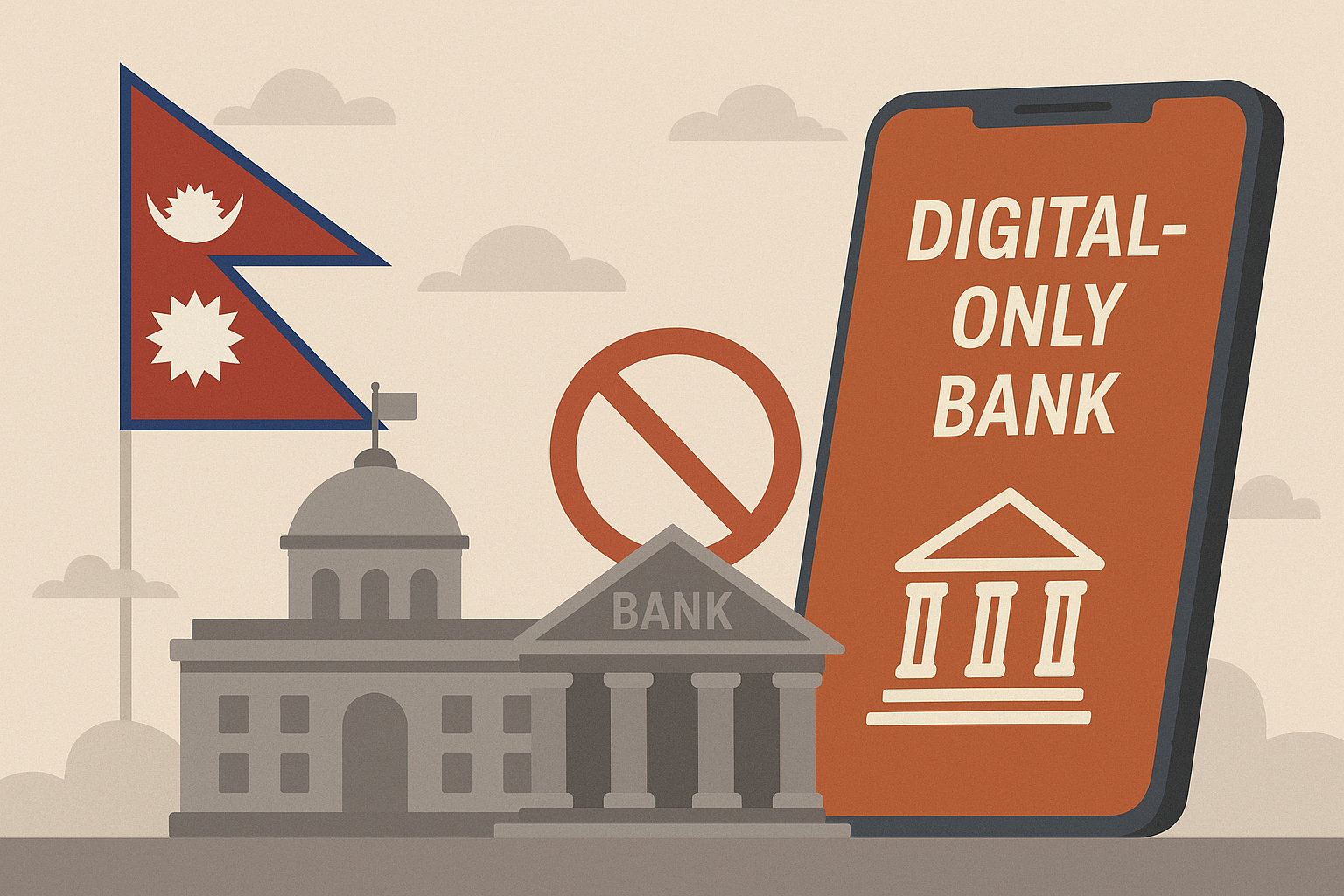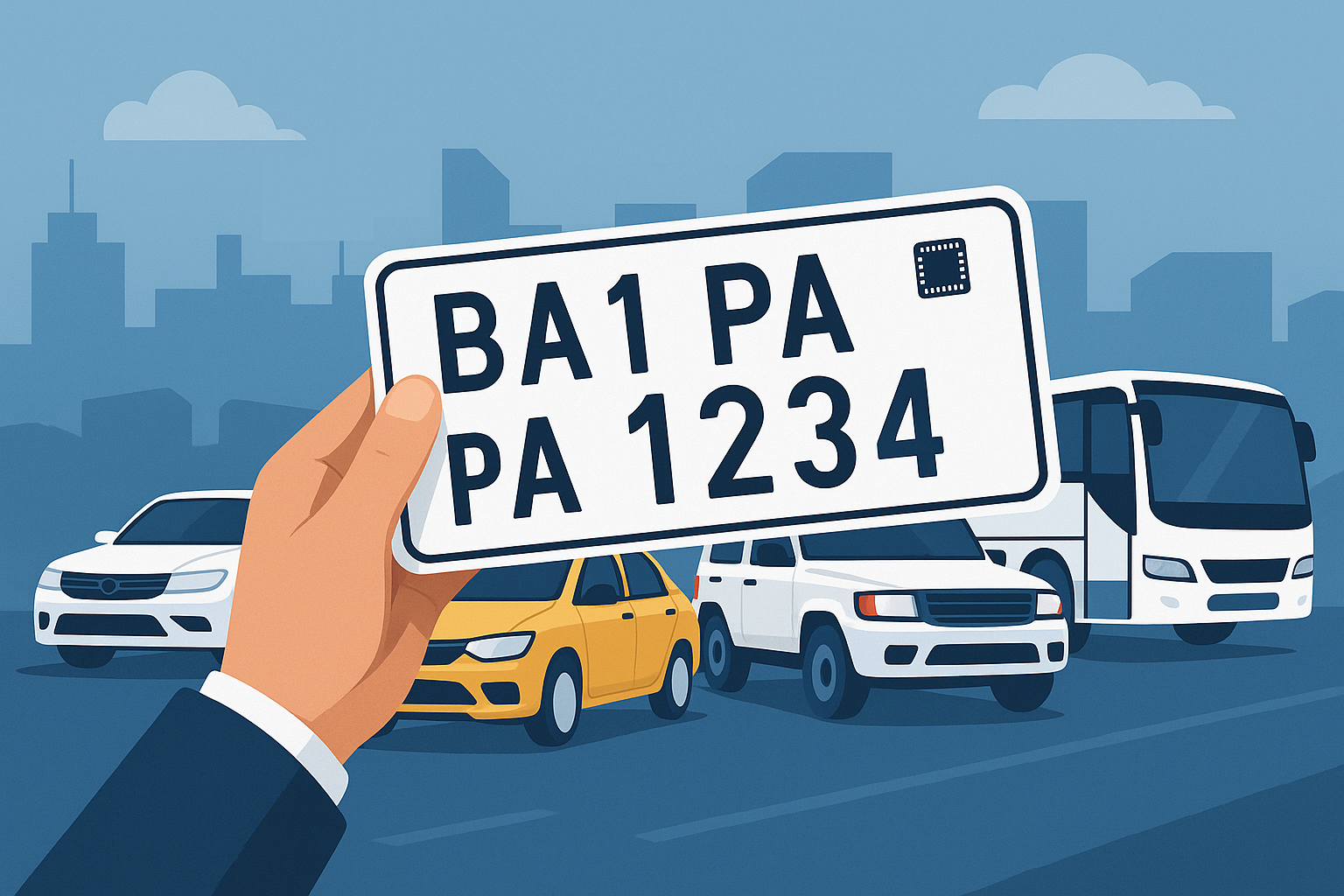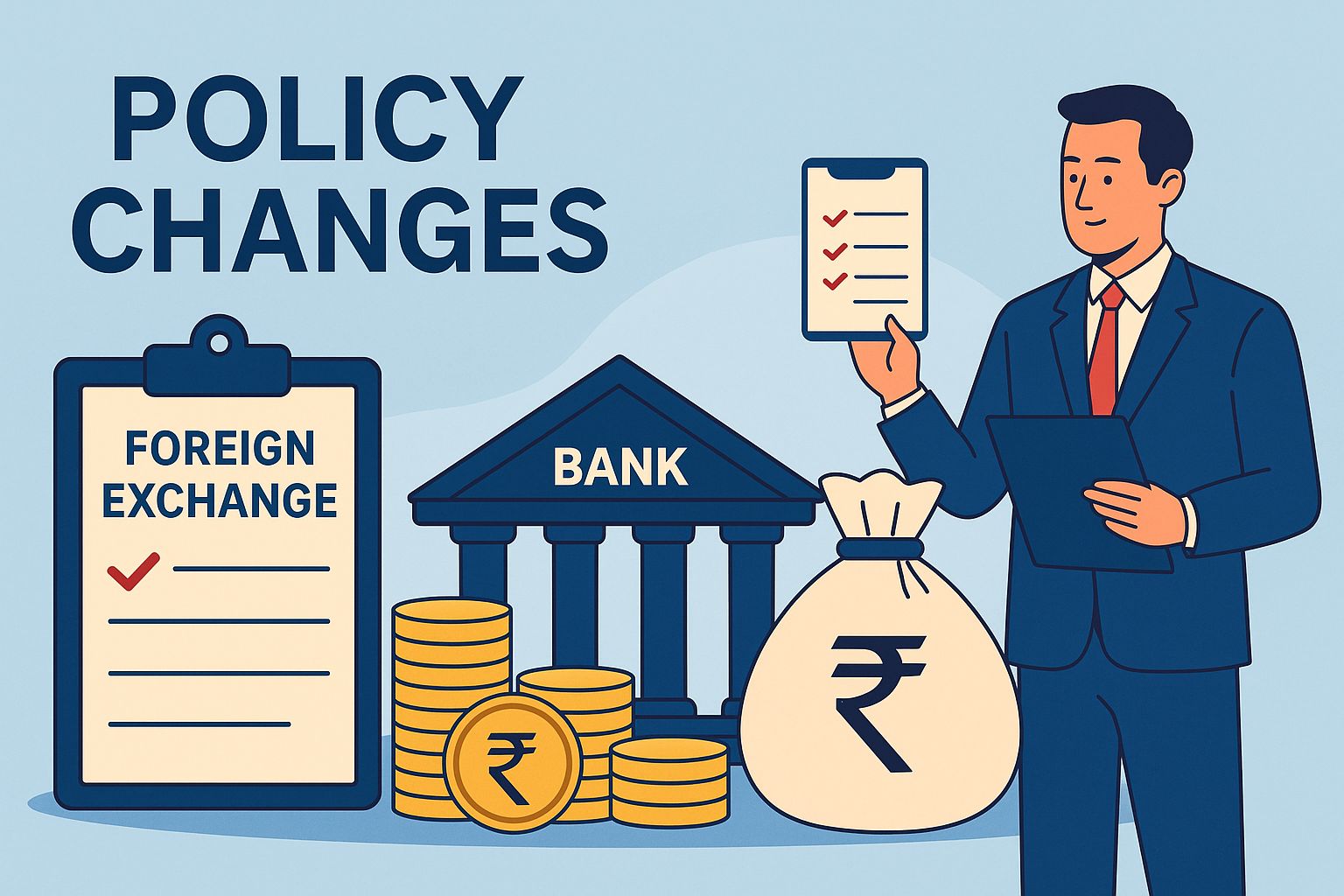
Nepal Rastra Bank halted Laxmi Bank’s OrangeNXT, Nepal’s first digital-only bank. What does this mean for 65,000 users and Digital Nepal’s future?
There was this one line in the budget speech this year that really stood out. The government said it was going to bring "fully digital banks" to…

business
Embossed Number Plate: A Digital Dream or Just Another Headache?

business
The Shark Tank Valuation Trap, And How Company Act 2063 Keeps You…

business
E-Commerce Company Registration: New Business Ideas in Nepal

business
Nepal Rastra Bank Eases Rules for Sending Money Abroad

business
Court Marriage in Nepal: A Simple Guide to Saying “I Do” Legally

business
Global Degrees, Local Classrooms: Inside Nepal’s Foreign-Affiliated Colleges

business
IPO Result Highs: Nepal’s New National Obsession?

business
Ministry of Education’s Missing Watch on Consultancies
Subscribe to our newsletter
to get latest news and updates directly to your email!




 Help Center
Help Center



